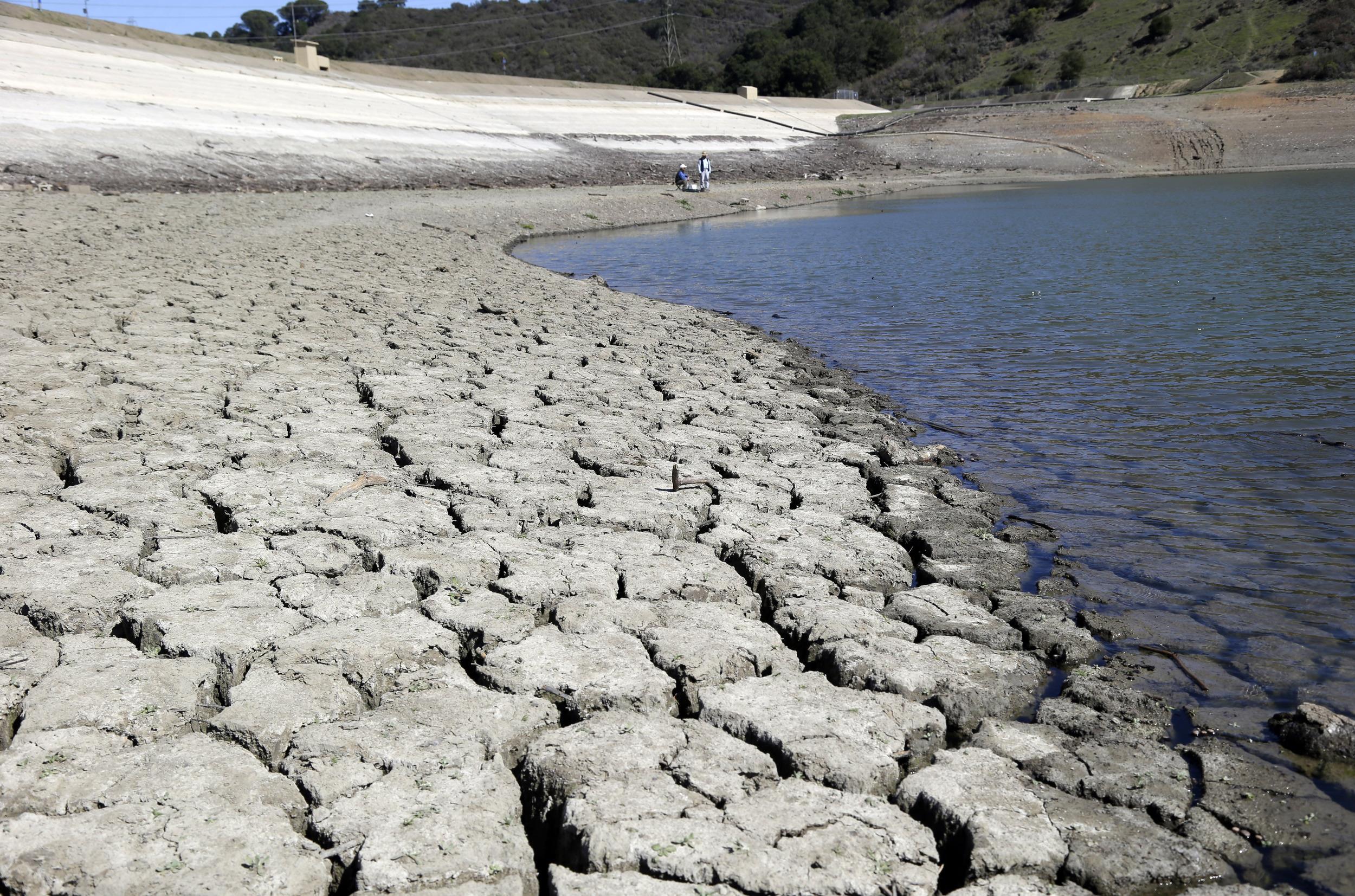The UK's driest spring in a century has prompted a warning for livestock farmers about serious impacts on grass and silage yields.
The Agriculture and Horticulture Development Board (AHDB) has emphasised the importance of farmers assessing their feed needs and making contingency plans.
This caution comes after the Met Office confirmed that the country is experiencing its driest spring in over 100 years.
Farmers, particularly those who rely on summer grazing and silage for winter feeding, could suffer from these unprecedented weather conditions.
The consequences of the ongoing drought could be severe, according to the AHDB.
AHDB’s senior knowledge exchange manager, Katie Evans said: "There was a strong start to the grass growth season with favourable conditions.
"May tends to be a big growth month and early statistics have shown good growth rates achieved early in the month.
"However, the lack of rainfall, particularly in the driest regions where it hasn’t rained for weeks, could significantly slow growth, reduce silage yields, and impact grazing availability."
Given the situation, farmers are being advised to assess their summer and winter feed requirements, review silage stocks and consider fast-growing catch crops for late-season grazing.
The organisation also recommends prioritising quality over quantity by considering earlier-than-usual cuts.
Ms Evans added: "Rotational grazing can help protect residuals and reduce plant stress.
"These small decisions now can help maintain long-term resilience and avoid bigger challenges later in the year."
She also stressed the importance of being mindful of potential parasite risks, especially among young stock grazing short pastures.
Reduced forage intake and lower immunity could potentially make livestock more susceptible to worm burdens once rainfall returns.
The AHDB’s warning echoes concerns about extreme weather events becoming more common.
Data from UK Climate Projections points to a warmer future climate for the UK, with more frequent extremes, including heatwaves, droughts, and flooding.
AHDB head of environment, Rachael Madeley-Davies, said: "It is important to remember what makes these climatic changes so challenging is we are experiencing huge extremes.
"Everyone should be assessing their business and identifying potential risk areas and taking action."
Source - https://www.northernfarmer.co.uk













